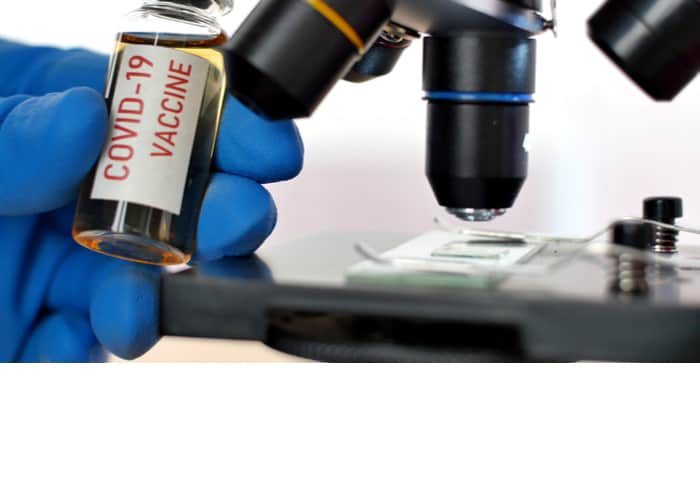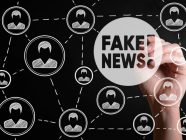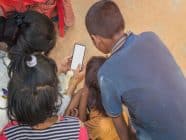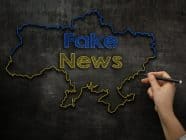 From the beginning of the pandemic, the spread of disinformation has been, in some cases, faster than COVID-19 itself. From the ostensibly medical advice to the various conspiracy theories, we have seen and read this year.
From the beginning of the pandemic, the spread of disinformation has been, in some cases, faster than COVID-19 itself. From the ostensibly medical advice to the various conspiracy theories, we have seen and read this year.
Today, the disinformation about the COVID-19 vaccine has entered another phase. First, it was about the discovery of the vaccine. Now that different countries are starting to use it, an anti-vaccine narrative has been circulating, mainly on social media, but also on other media platforms. Perhaps even more than before, we must be attentive and careful about the sources we use for information, including what we receive on media – especially social media. It is crucial to maintain a critical attitude towards content, and to employ an exhaustive verification process before accepting and disseminating information.
Media giants join forces
On December 8, in the UK, an elderly woman became the first person in the world to receive the COVID-19 vaccine. Two days later the BBC announced that tech and information giants were joining forces to fight vaccine disinformation. The coalition included traditional media such as the BBC, Washington Post, Financial Times, Reuters, AP, and AFP, as well as new media, such as Facebook, Google, YouTube, and Twitter. This is definitely a step in the right direction, but it is not enough to stop the spread of disinformation – and this has been proven by previous attempts.
Facebook said it would delete posts containing vaccine disinformation, however, anti-vaccine groups have already taken root on this platform. Harvard University’s Niemen Lab highlights how these groups have grown their virtual network to eight million new followers in the first six months of this year. First Draft, in a study published in November, found that 84% of vaccine disinformation interactivity comes from Facebook and Instagram.
The ‘three-question-vaccine’ against disinformation
In April this year I created a strategy, which I believe is well matched to the dynamics of COVID-19 disinformation circulation. My proposed method for a ‘vaccine’ against misinformation, is to test all content with three questions. So, before we accept something as true, we must ask and answer these three basic questions.
The first question: ‘who is the author and are they credible?’ Every piece of published information originates with an author. It is very important to understand who they are, their field of expertise, what qualifies them to provide this information, and their credibility and track record.
The second question: ‘have you checked the story on multiple sources?’ This underscores the importance of reading the same information on different outlets and platforms. This will help to create a clearer picture of the truth because it provides a broader horizon and a more complete context.
The third question we need to ask ourselves is whether the information is evidence-based and backed by supporting resources. Is it underpinned by credible and official sources? Does it include photos, videos, or other verifiable facts?
If we can answer these three questions we begin to build ‘immunity’ to disinformation. We can be more confident about the veracity of content. We can avoid the dilemma of confusion – because only in true information can we find the answers we require. So, I believe that by applying the three-question method, we will learn how to safely access information in the media, and we will be able to understand whether what we are reading is fact or fiction.
A version of this article was first published on Hive-Mind.
Opinions expressed on this website are those of the authors alone and do not necessarily reflect or represent the views, policies or positions of the EJO or the organisations with which they are affiliated.
If you liked this story, you may also be interested in: How the press’ fear-mongering is distorting information
Follow us on Facebook and Twitter.
Tags: coronavirus, coronavirus crisis, Covid-19, dis/misinformation, disinformation, Media Accountability and Transparency, online misinformation, vaccine












































